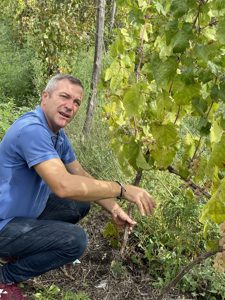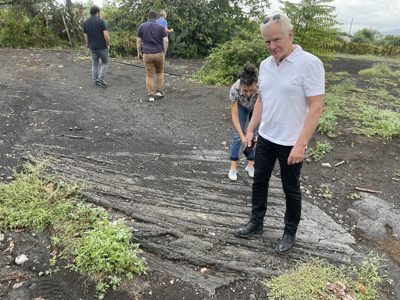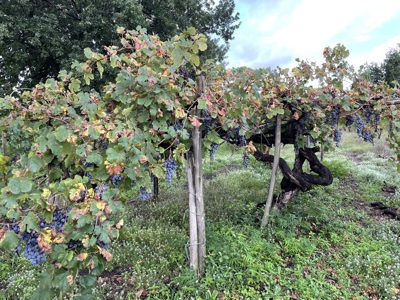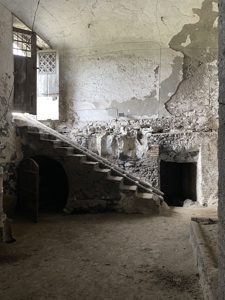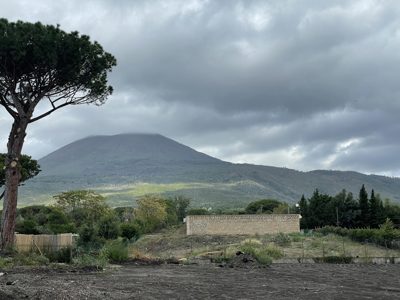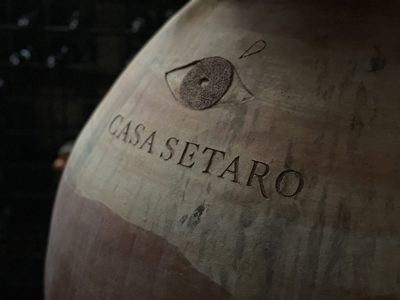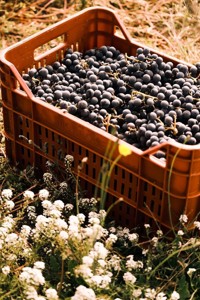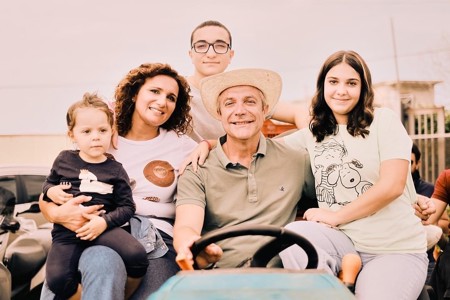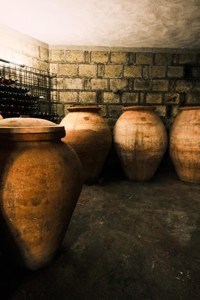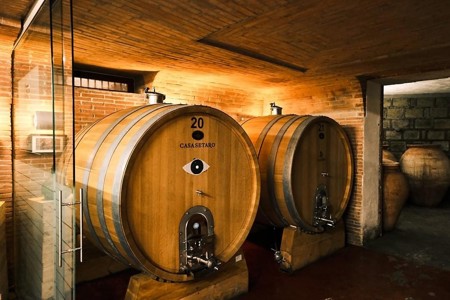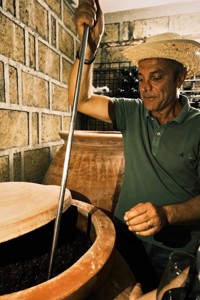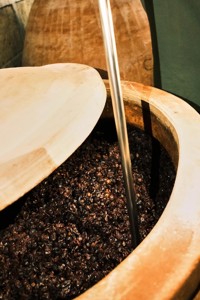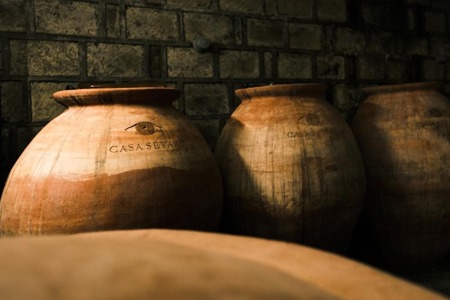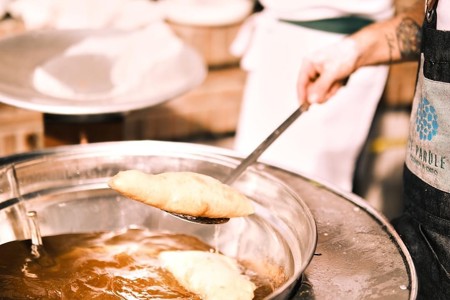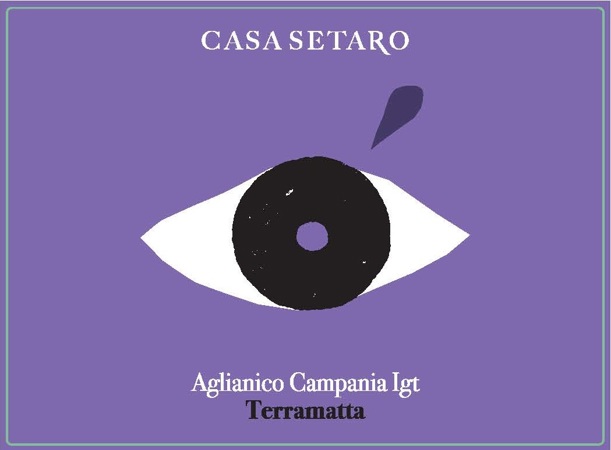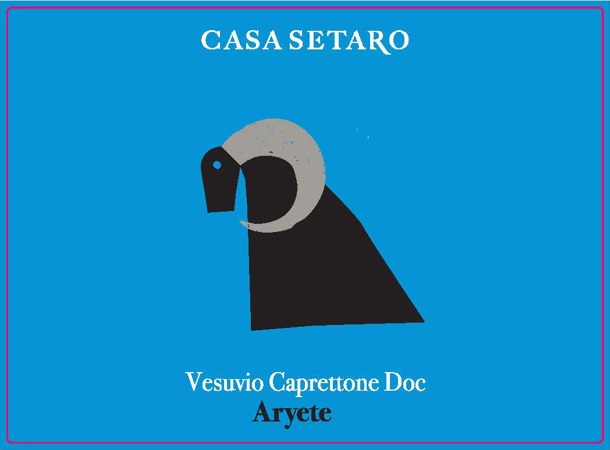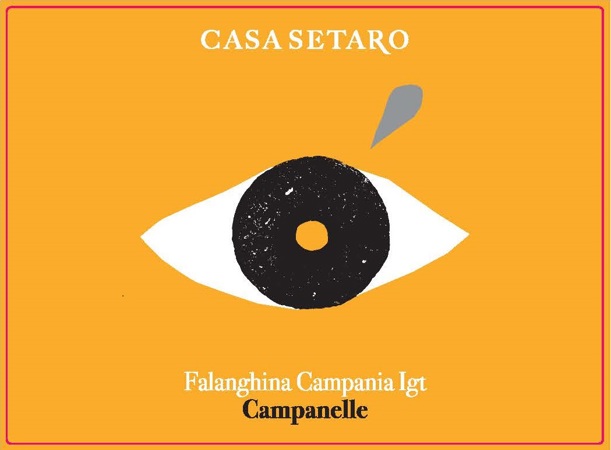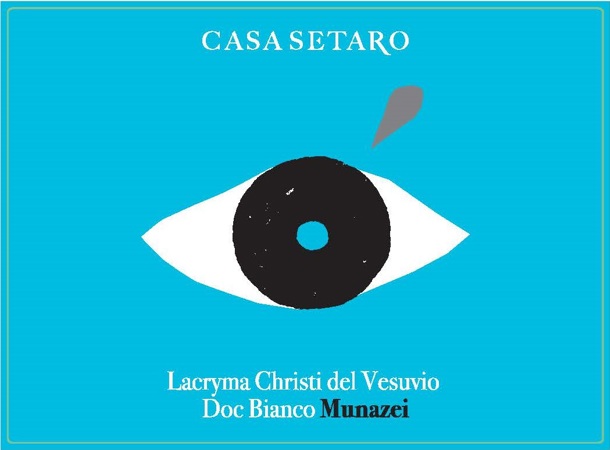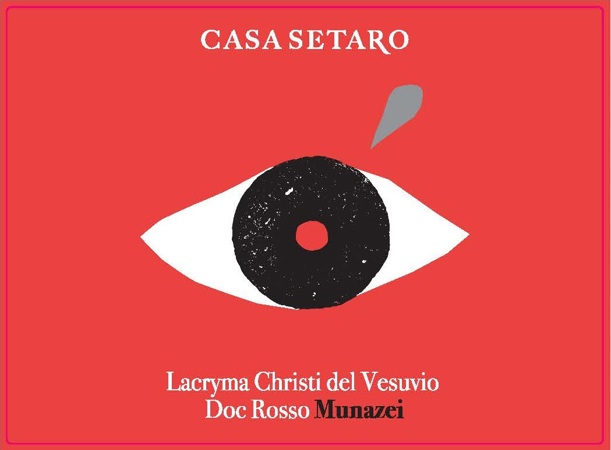Casa Setaro

Casa Setaro Gallery
Looming threateningly over the Gulf of Naples in Campania, Mount Vesuvius (or Vesuvio) is the only active volcano in continental Europe, and its immediate surroundings comprise the most densely populated volcanic region in the world, with over 600,000 people living within Vesuvio's danger zone. Tending the vine in the shadow of an active volcano gives a whole new dimension to the notion of "risk-embracing winemaking," yet the same ash that buried Pompeii and Herculaneum in AD 79 nourishes a host of grape varieties, marking them with a forceful and distinctive imprint of terroir.
The wines of Vesuvio have a long and storied history, but local specialties like the dramatically named Lacryma Christi del Vesuvio ("Christ's Tears on Vesuvius") have fallen into relative obscurity in recent decades. While southern Italy's other notable active volcano, Mount Etna in eastern Sicily, has developed a thriving and internationally acclaimed wine scene over the past 15 years, Vesuvio has yet to... explode. Etna, of course, is blessed with a critical mass of highly committed, boundary-pushing winegrowers, whereas on Vesuvio viticulture is dominated by small, relatively disconnected farmers whose wines are commonly geared toward the area's robust tourist market.
Massimo Setaro is seeking to transform the zone's reputation and bring the wines of Vesuvio the modern-day recognition he feels they deserve. Heir to the renowned Setaro pasta-making enterprise, fourth-generation Massimo founded Casa Setaro in 2004, beginning with his family's small pre-phylloxera holdings around their hometown of Trecase on Vesuvio's southern slopes. Massimo has since planted new parcels, and today the estate totals 12 hectares-notably, of exclusively own-rooted plant material, as this zone's unforgiving volcanic sand is inhospitable to phylloxera. He works only with indigenous varieties: Piedirosso and Aglianico for his reds; and, while he does grow terrific Fiano and Greco, the characterful and hyper-local Caprettone is what drives his imagination and forms the basis of his most distinctive white wines.
Planted between 200 and 400 meters above sea level, Casa Setaro's vineyards are farmed organically (certified as such), with biodynamic principles incorporated into the largely manual work necessitated by these ancient plants. Fermentations are temperature-regulated but not sculpted, and the wines undergo relatively straightforward aging regimens which promote balance and transparency. These are place-driven wines to their core, absent the stamp of ideology or striving, and they make an enormously compelling case for the special nature of Vesuvio's terroir. As we did in the Alto Piemonte and the Valle d'Aosta, we at Rosenthal Wine Merchant are proud to embrace the vanguard of this stunning area's renaissance.
